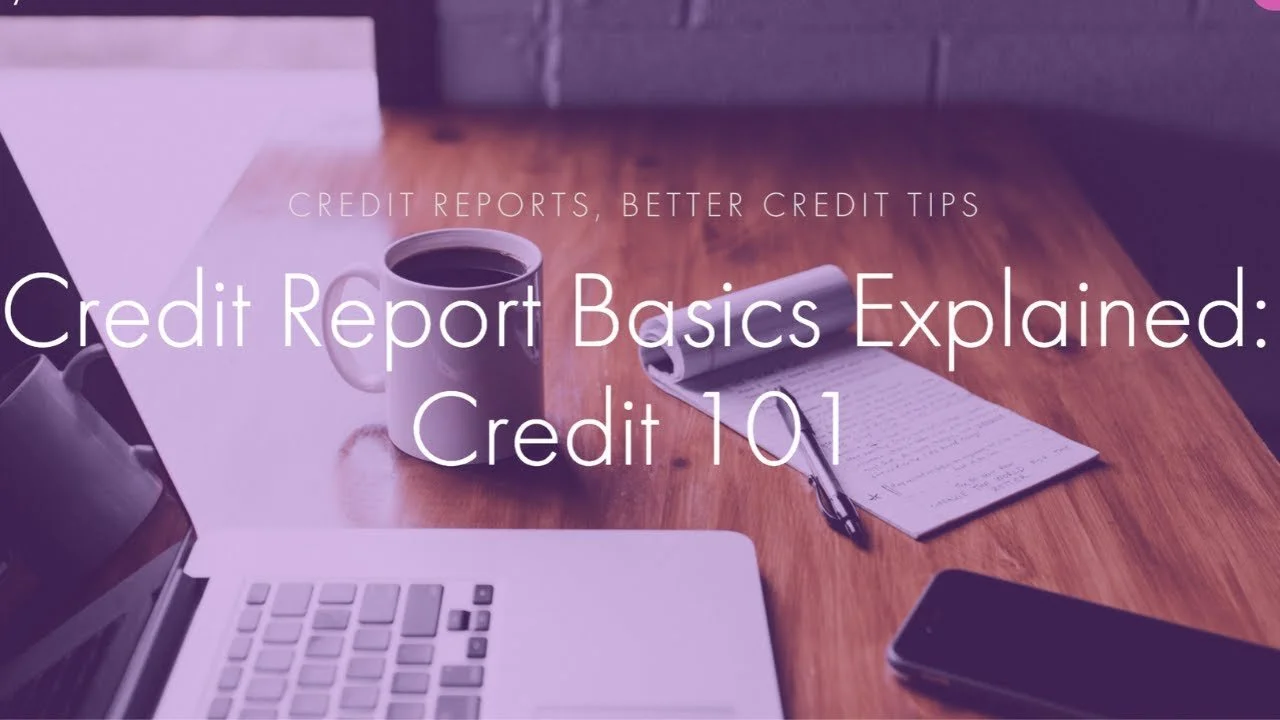Does Debt Consolidation Hurt Your Credit
If you're working on improving your credit, you might consider debt consolidation. Debt consolidation is a way to get more control over your credit and outstanding debts. However, you may be asking does debt consolidation hurt your credit. This is an important issue to understand before you consolidate your debt.
You don't want to do anything that will lower your credit score. Debt consolidation doesn't have to lower your credit score. The bottom line is that you need to do your research before consolidating debt. You need to put effort into creating a good strategy for doing so. The better you plan out debt consolidation, the more positive its effects will be on your finances.
What is Debt Consolidation?
Consolidating debt means reducing the number of accounts with outstanding balances. When a consumer does this, he or she makes payments on fewer accounts. This simplifies debt management tasks. The consumer takes out a debt consolidation loan. The funds from this loan are used to pay off outstanding debts on other credit card and loan accounts.
The obvious advantage of debt consolidation is simplifying one's debt. However, this is not the only advantage.
In some cases, consumers can do more than merely consolidate debt. They can also reduce their debt costs in some cases. Consumers may be able to take out a debt consolidation loan with a lower interest rate than the interest rates on their credit card accounts.
Does Debt Consolidation Hurt Your Credit?
There are clear advantages to debt consolidation. But how consolidation affects one's credit score is an important issue to consider. Whether debt consolidation hurts credit depends on a variety of factors. Debt consolidation can both help and hurt credit.
The following are six key factors to consider in determining whether debt consolidation will hurt your credit.
Hard Inquiries on Your Credit Report
One possible way debt consolidation can potentially hurt credit is through a hard inquiry. Lenders generally require a hard inquiry before granting approval for a debt consolidation loan. Hard inquiries occur when the lender checks up on the borrower's credit history. Hard inquiries can slightly bring down a credit score. However, they usually do not have that significant an impact. A credit score will generally recover fairly quickly from a hard inquiry.
Increase the Types of Accounts You have
Increasing the types of accounts on a credit report can bring up a credit score. If consumers only have credit card accounts open, this limits the number of accounts they have. This means that their score won't be as high as it could be. A debt consolidation loan is a loan account. Adding a loan account to a credit report with only credit cards will bring up the score long term.
Credit Utilization Improvements
A consumer's credit score will be lowered when he or she is using all or a large portion of available credit. With a debt consolidation loan, a consumer could increase available credit. Bringing down the credit utilization ratio by opening up a debt consolidation account can significantly boost a consumer's credit score in many cases.
Account Age
The age of credit and loan accounts on a credit report impacts score. The older the average account age is, the higher the score is likely to be. Opening up a new debt consolidation account can bring down the average account age. This could potentially lower credit score. Average account age can also be significantly decreased if a consumer closes his or her paid off accounts. When possible, it's best to leave open credit card accounts once the balances are paid off if a low average account age will result from closing accounts. This will prevent account age from hurting credit.
Payment History Changes as Time Go on
Debt consolidation can make it easier for consumers to keep up with the payments they need to make. That's because debt consolidation can mean that fewer payments need to be made each month. Consumers become less likely to forget payments that are due and make payments late. Preventing late payments improves a consumer's payment history and thereby brings up credit score over time.
The Temptation to go Further Into Debt
Consumers need to be careful when they take out a debt consolidation loan. It can be tempting to use loan funds to make more purchases rather than paying off outstanding debt. This puts a consumer even further into debt. Going further into debt will definitely harm a credit score long term. Consumers need to be disciplined and only use debt consolidation loan funds to pay off their debts.
Debt Consolidation Tools
The bottom line is that debt consolidation shouldn't harm credit long term if it is done right. Consumers can avoid debt consolidation mistakes by using the resources available to them. Debtry is a valuable online tool that helps consumers to manage their debt. Debtry can also help consumers plan out successful debt consolidation. Finding debt consolidation loans and tracking debt repayments are only two of the many debt management tasks that Debtry can help consumers to carry out.
Keep Your Credit Clean with the Creditry Store.
You should now have a better understanding of how debt consolidation impacts credit. It's time to consider whether debt consolidation is right for you. Now that you've explored the issue of does debt consolidation hurt your credit, you can formulate a plan for consolidating debt. However, remember to plan out the details carefully. Also, use the resources available to you to create the best possible debt consolidation strategy
In Conclusion
Over the long term, debt consolidation can make it possible to more easily get out of debt. Getting out of debt improves your financial situation. This will put your financial goals closer within reach. Start today with debt consolidation for a stress-free and debt-free tomorrow!


